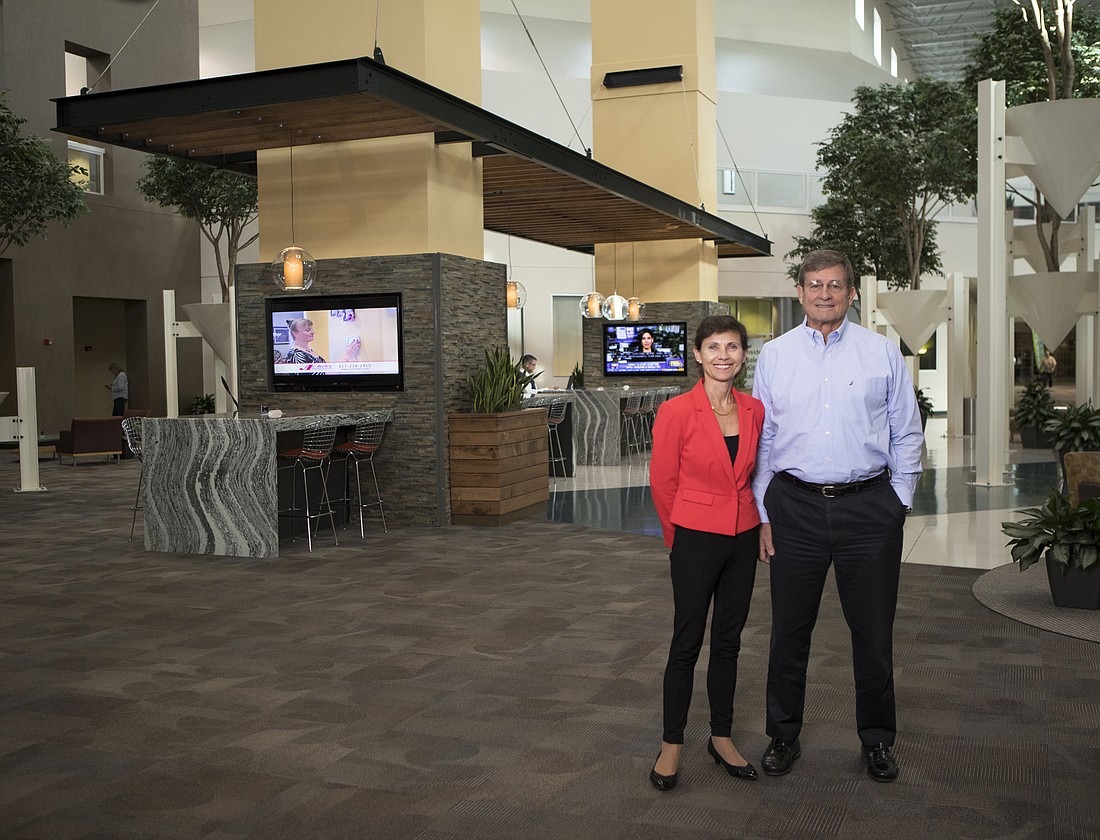- December 13, 2025
-
-
Loading

Loading

Internet search and advertising giant Google grabbed national headlines last month when it announced it had signed a lease for a 584,000-square-foot space that had been part of the Westside Pavilion Mall, in Los Angeles.
Co-developers Macerich and Hudson Pacific Properties Inc. intend to convert the former retail space to offices, with Google occupying the space in 2022.